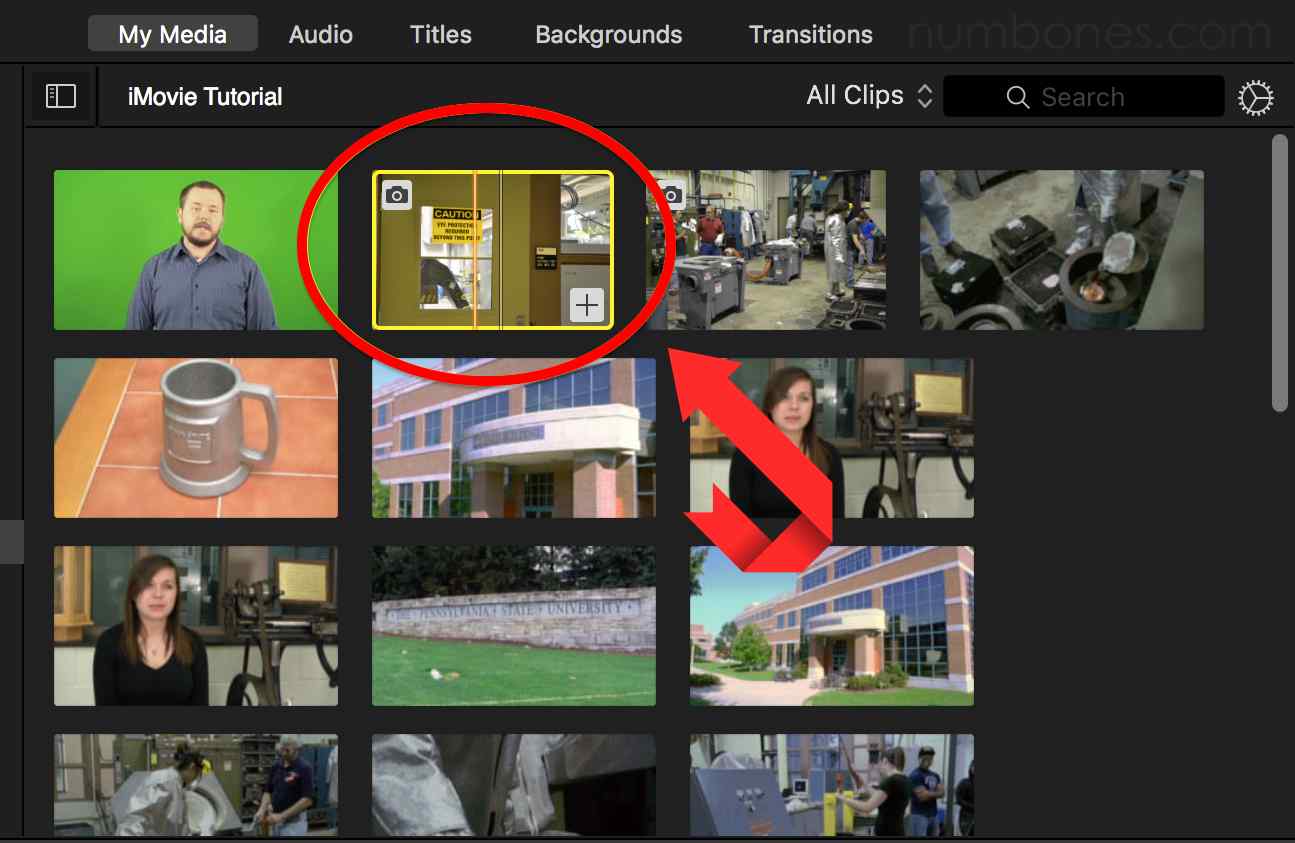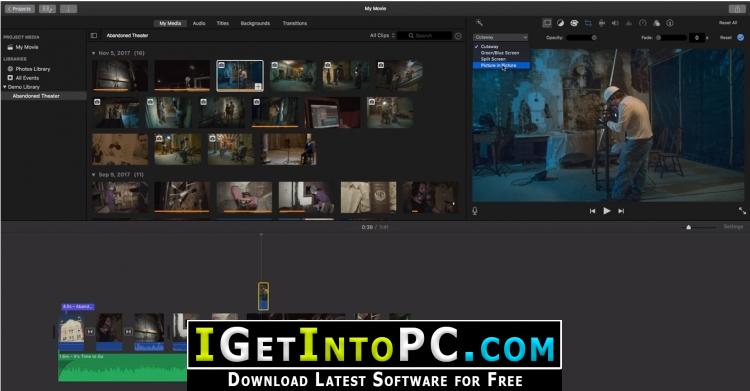

- #Green screen in imovie 10.0.5 drivers
- #Green screen in imovie 10.0.5 full
- #Green screen in imovie 10.0.5 code
- #Green screen in imovie 10.0.5 password
This could then in turn cause zycore functions like `ZyanStringAppend` to make incorrect calculations for the new target size, resulting in heap memory corruption. Older versions of Zydis failed to properly initialize the string object within the formatter buffer, forgetting to initialize a few fields, leaving their value to chance. Users of Zydis versions v3.2.0 and older that use the string functions provided in `zycore` in order to append untrusted user data to the formatter buffer within their custom formatter hooks can run into heap buffer overflows. Zydis is an x86/x86-64 disassembler library.
#Green screen in imovie 10.0.5 full
This leads to admin session crafting and therefore gaining full web UI admin privileges by an unauthenticated attacker.
#Green screen in imovie 10.0.5 password
Teleport before 6.2.12 and 7.x before 7.1.1 allows attackers to control a database connection string, in some situations, via a crafted database name or username.Ĭertain NETGEAR smart switches are affected by a \n injection in the web UI's password field, which - due to several faulty aspects of the authentication scheme - allows the attacker to create (or overwrite) a file with specific content (e.g., the "2" string). There are no checks on size within parse_write_buffer_into_params when it uses the size of copy_from_user to copy a userspace buffer into a 40-byte heap buffer.
#Green screen in imovie 10.0.5 drivers
CVE-2021-42341 was introduced in git commit 63db2d99e730547339d1bdd28e8437999c380cae, which was introduced as part of OpenRC 0.44.0 development.ĭp_link_settings_write in drivers/gpu/drm/amd/display/amdgpu_dm/amdgpu_dm_debugfs.c in the Linux kernel through 5.14.14 allows a heap-based buffer overflow by an attacker who can write a string to the AMD GPU display drivers debug filesystem.

#Green screen in imovie 10.0.5 code
This may be used for remote code execution under rare conditions of filtered command input.Ĭheckpath in OpenRC before 0.44.7 uses the direct output of strlen() to allocate strings, which does not account for the '\0' byte at the end of the string. Jenkins Squash TM Publisher (Squash4Jenkins) Plugin 1.0.0 and earlier implements an agent-to-controller message that does not implement any validation of its input, allowing attackers able to control agent processes to replace arbitrary files on the Jenkins controller file system with an attacker-controlled JSON string.Īn attacker-controlled pointer free in Busybox's hush applet leads to denial of service and possible code execution when processing a crafted shell command, due to the shell mishandling the & string. Because they call CStr::from_ptr on a pointer to the string buffer, the string is terminated at the first '\0' byte, which might not be the end of the string.

Methods of NSString for conversion to a string may return a partial result. Security-relevant validation of filename extensions is plausibly affected. An issue was discovered in the fruity crate through 0.2.0 for Rust.


 0 kommentar(er)
0 kommentar(er)
